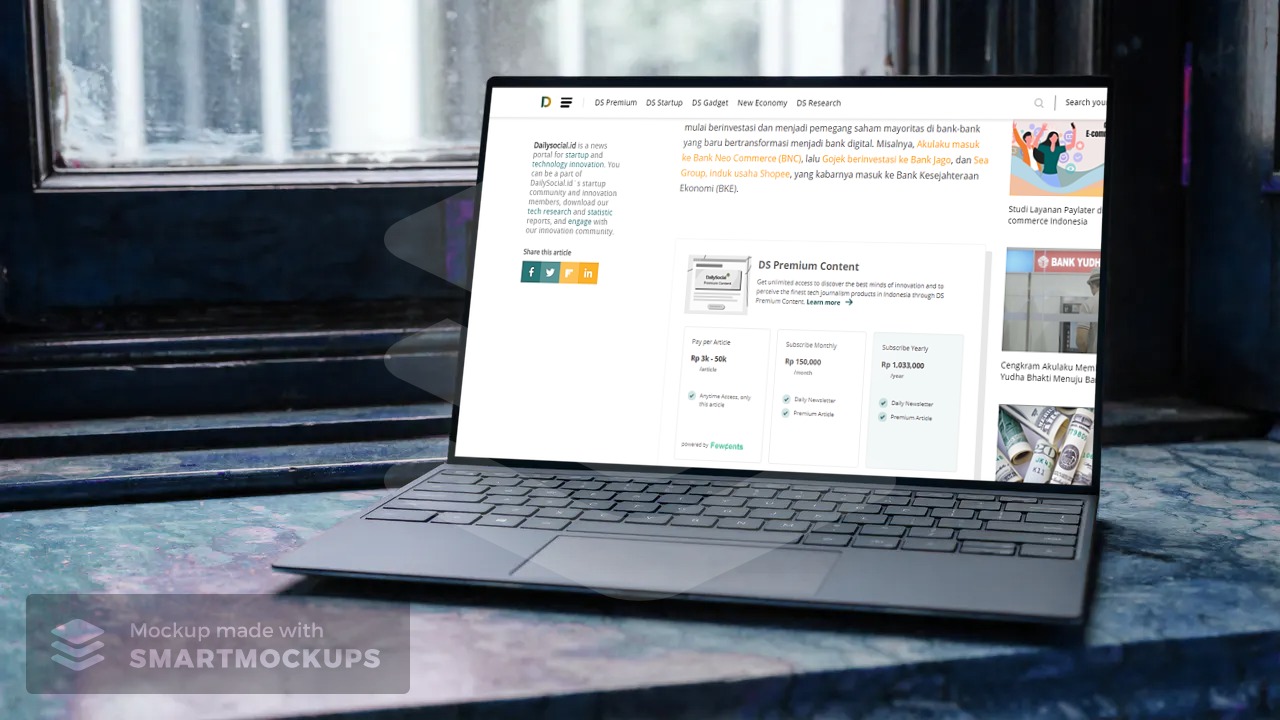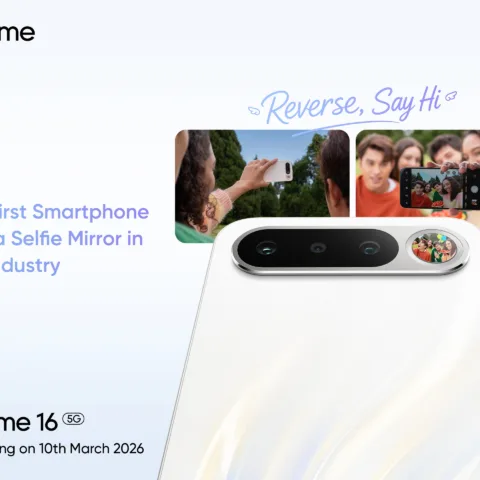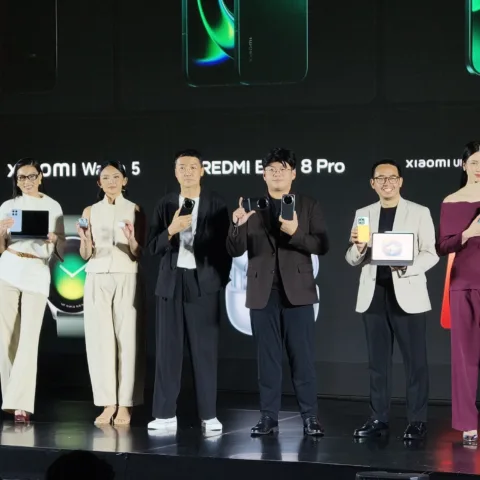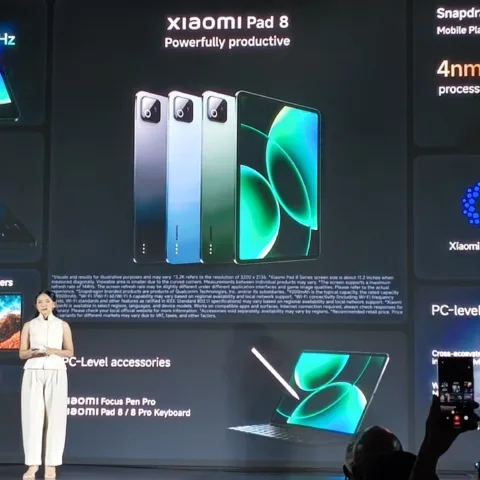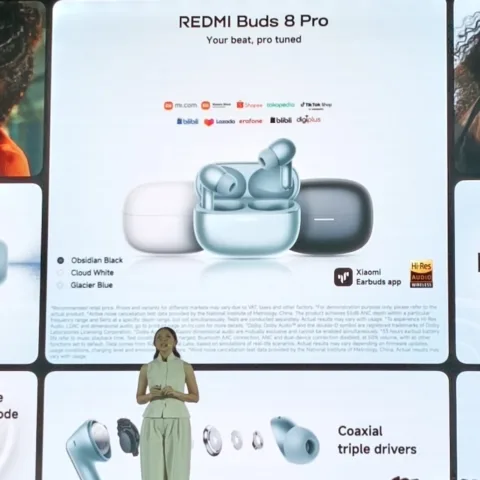I come from a corporate background, but somehow I really hate the word ‘monetization’. The word is somehow soulless in its way that categorizes everything into things that can make money for you, and things that cannot. As if, the merit of a certain idea, creation, program, strategy, or product, solely depends on how it can make money for you. And the people who are the object of monetization – the consumers – are somehow treated just as a factor, that they would mindlessly spend money for no reason. But of course, this is all in my head. The ‘monetization’ term is not a greedy capitalist term, but it’s a business term that we should get used to.
If you are a content creator, you should have some idea on your monetization strategy. In simpler words, you have to know how to make money from the content you create. It could be indirect or direct; it could be wholly dependent on a perception of value you convey to your target customers, or it could be dependent on bundling deals with other partners (i.e. get free content with every purchase of fried chicken).
But if I ever hear a self-described “indie band” saying that they don’t want to advertise their music, or release CDs, sell merchandise or even charge for showcases/concerts because they aren’t “commercial”, don’t go complaining when you don’t have money to make ends meet. Remember, being true to your music doesn’t really mean you can’t make money from it – it just means that you might not make as much money as more popular pop acts.
If I must reiterate again a message I have been repeating over and over in various articles over the past year, I will say it again – it is time for the musician (read: content creator) to think, or at least be aware of, business. If you don’t have the mind or interest for business, find someone you trust who can do it for you. And the best way to make business for your content is your fans.
I think there have been many examples where fans will spend money for their favorite musician; whether it is just a cover charge to a private set, or perhaps a limited-edition CD, or even simple stuff like stickers or keychains. This applies to indie bands to pop acts; the only thing different is the scale (and scalability). If your music has mass appeal, then it makes sense to engage business partners such as music labels to make sure you have someone taking care of album production and duplication, merchandise production, campaign design, and most importantly – distribution of your product.
Since you cannot be in multiple places at once to satisfy your fans, these products act as your proxy, conveying your music and your ideals. What the product may be, though, is a matter of strategy – it may not always be a recorded music product.
All fans (and not casual content consumers) would be willing to spend money on your creations; it’s just the matter of finding out what they will spend on, how much, and what kind of product diversity you need to provide. For instance, if most fans would be happy with a simple autographed poster, the more hard core fans will demand box sets or personalized merchandise.
There are many ways to monetize your fans, provided you give them a very good excuse to shell over their money to you 😀 Some people have tried crowdfunding, some do direct merchandise selling online, and many already make good money from concerts and showcases (and even streamed shows).
Another way is through endorsements – brands can engage with you directly, essentially giving you cash so that you will say nice things about the brand to your fans; or brands could engage with bands through a platform that communicates to the music community via genre rather than by artist, perhaps through an online portal (something like Kaskus for bands and their fans).
But it all starts with this: do you have any fans? If you don’t, time to go out there and get them.
 Ario is a co-founder of Ohd.io, an Indonesian music streaming service. He worked in the digital music industry in Indonesia from 2003 to 2010, and recently worked in the movie and TV industry in Vietnam. Keep up with him on Twitter at @barijoe or his blog at http://barijoe.wordpress.com.
Ario is a co-founder of Ohd.io, an Indonesian music streaming service. He worked in the digital music industry in Indonesia from 2003 to 2010, and recently worked in the movie and TV industry in Vietnam. Keep up with him on Twitter at @barijoe or his blog at http://barijoe.wordpress.com.
[Image by Laurence Barnes]


